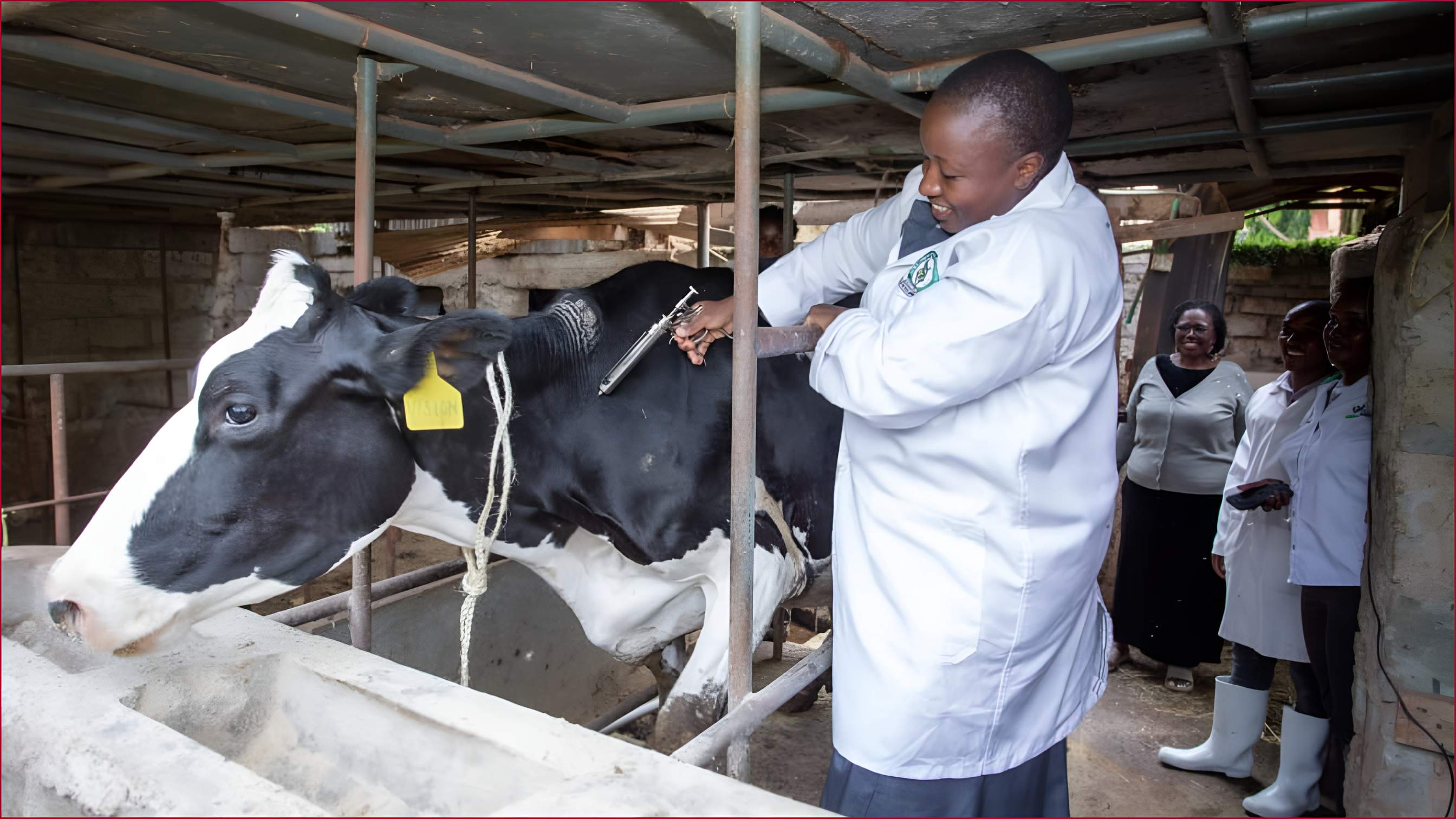Livestock vaccination drive shelved amid funding woes

The decision to suspend the vaccination exercise has heightened tension among leaders and farmers.
A countrywide plan to vaccinate livestock has been derailed, raising fears of worsening disease outbreaks and loss of key export markets.
Officials from the Directorate of Veterinary Services and the Kenya Veterinary Vaccines Production Institute (Kevevapi) have confirmed that the campaign has been halted due to a funding crisis.
"We understand that the exercise was called off due to a lack of money, and this will have significant repercussions on livestock production in the coming months," said Kenya Veterinary Paraprofessional Association (KVPA) chairman John Ngigi.
Speaking in Naivasha, Ngigi revealed that Kevevapi had made preparations to manufacture the necessary vaccines, but financial challenges forced the programme to a stop.
He pointed out that the vaccination drive was essential for setting up disease-free zones across the country, which are critical for livestock trade and accessing international markets.
"The frequent quarantines have deprived livestock keepers of income generated from livestock trade, causing the country to lose several markets due to disease outbreaks," he said.
The decision to suspend the vaccination exercise has heightened tension among leaders and farmers, many of whom had already expressed doubts and opposition to the plan.
In 2023, President William Ruto had announced a major plan to vaccinate 22 million cattle against Foot and Mouth Disease (FMD) and 50 million sheep and goats against Peste des Petits Ruminants (PPR).
Nonetheless, the plan faced heavy criticism, with some leaders, experts, and farmers voicing concerns about its feasibility and saying they would not support it.
The stalling of the programme follows a fresh warning from the National Drought Management Authority (NDMA) about rising livestock diseases across seven Arid and Semi-Arid Land (Asal) counties.
Diseases have hit livestock in Isiolo, Marsabit, Pokot, Garissa, Kitui, Meru, and Narok, further threatening livestock productivity and calling for urgent action.
In its March report, the NDMA highlighted Peste des Petits Ruminants and Contagious Caprine Pleuropneumonia (CCPP) as the main diseases reported, with goats and sheep being the most affected animals.
